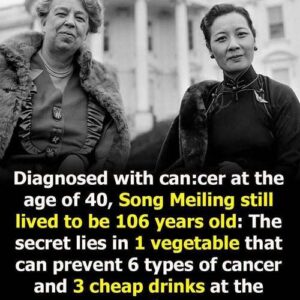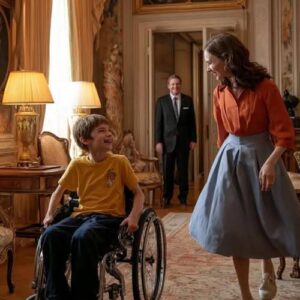When my parents passed away, my family circle grew painfully small. All I had left was my dad’s sister and her husband, my grandmother, and on my mom’s side, just my other grandma.
Because of my work schedule, I couldn’t always be there physically—but I wanted to do something meaningful. So I arranged and fully paid for a trip for them—flights, hotel, everything covered. I hoped that even if I couldn’t join, they could enjoy a beautiful getaway together.
I thought they’d be grateful.
They sent selfies at the airport, beach photos with heart emojis, and captions like “Family is everything!” Seeing them happy made me feel proud of what I did.
Then my phone rang.
It was Grandma. She was crying.
She told me she was still at the airport—alone.
Without her, they had boarded the plane. They told her they couldn’t wait because pushing her wheelchair to the gate was “too difficult” and they might miss their flight.
I was stunned. They had abandoned her.
I messaged my Aunt Liz, still hoping there had been some kind of misunderstanding. “Why did you leave Grandma at the airport?” I wrote. “She’s alone and heartbroken.”
The reply was instant and cruel:
“WE’RE ON VACATION. NOT BABYSITTERS. MAYBE SHE SHOULD’VE MOVED FASTER. DON’T RUIN THIS FOR US.”
That was it. I realized I couldn’t just let it go. This wasn’t about avoiding drama anymore—it was about standing up for what was right.
I immediately took a Lyft to the airport. There was Grandma, sitting alone with her little purse, nervously tugging at her cardigan. She smiled when she saw me, but I could tell she was shaken. I hugged her tightly.
“I’m so sorry,” I whispered. “I didn’t know.”
She gave a small shrug, like she was used to being forgotten. But it got worse.
Back at home, I made her tea. She tried to defend them—“They were just overwhelmed, maybe it was a stressful day.” She had no idea what they had actually said to me. Telling her the truth would have broken her heart.
Instead, I made another decision.
I canceled their entire hotel booking. I had the receipts and travel insurance, so I knew they wouldn’t get refunded. When they returned, there was no room waiting for them—just a ruined trip.
I also removed them from my Netflix and Spotify accounts. Maybe it was petty. But to me, it felt like justice.
I waited.
Four days into their trip, Liz finally texted:
“Did you cancel our hotel? We slept on the beach last night! What is wrong with you??”
I replied:
“I don’t support people who abandon elderly women at airports.”
Silence.
Meanwhile, Grandma and I had the best weekend. We watched movies, ordered takeout, and I surprised her with a weighted blanket she’d always wanted but never bought—because she didn’t want to “waste money.” We looked through old photo albums. She told me stories about my mom, my grandpa, and her wild twenties above a jazz club in Detroit.
That weekend changed something in me.
I had been clinging to a toxic idea of “family.” But blood doesn’t equal loyalty. Kindness isn’t weakness.
A week later, Aunt Liz sent a long apology. She claimed they “misjudged the situation” and “never meant to hurt anyone.” She asked for another chance.
I told her,
“I forgave you the moment it happened. But Grandma deserves more than your apology. Call her, if you truly care. I’ll always be watching.”
Six months have passed.
They haven’t called.
And you know what? Grandma’s never been happier.
Sunday lunches are now our tradition. We started a puzzle club. I taught her how to use a tablet. She has her own playlist now—surprisingly, she’s into both Norah Jones and Megan Thee Stallion.
I gave my so-called family a gift, and they showed me who they really were.
So I gave Grandma something better.
My time. My presence. My love.
And she gave me something in return—
A sense of home I didn’t even realize I was missing.
Sometimes, the people who need your love the most… are just quietly waiting to be seen.





